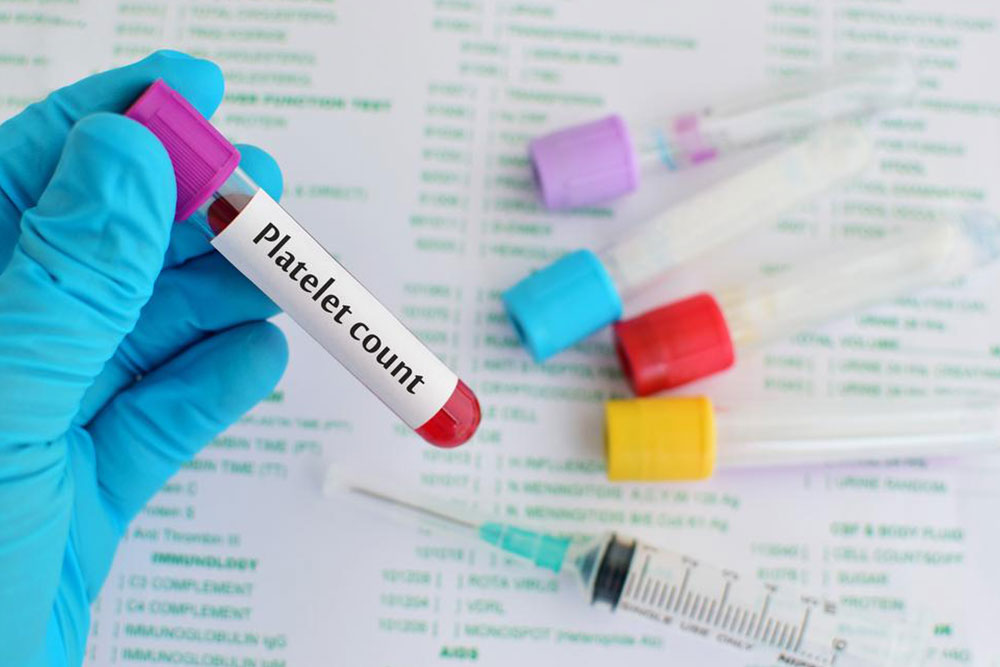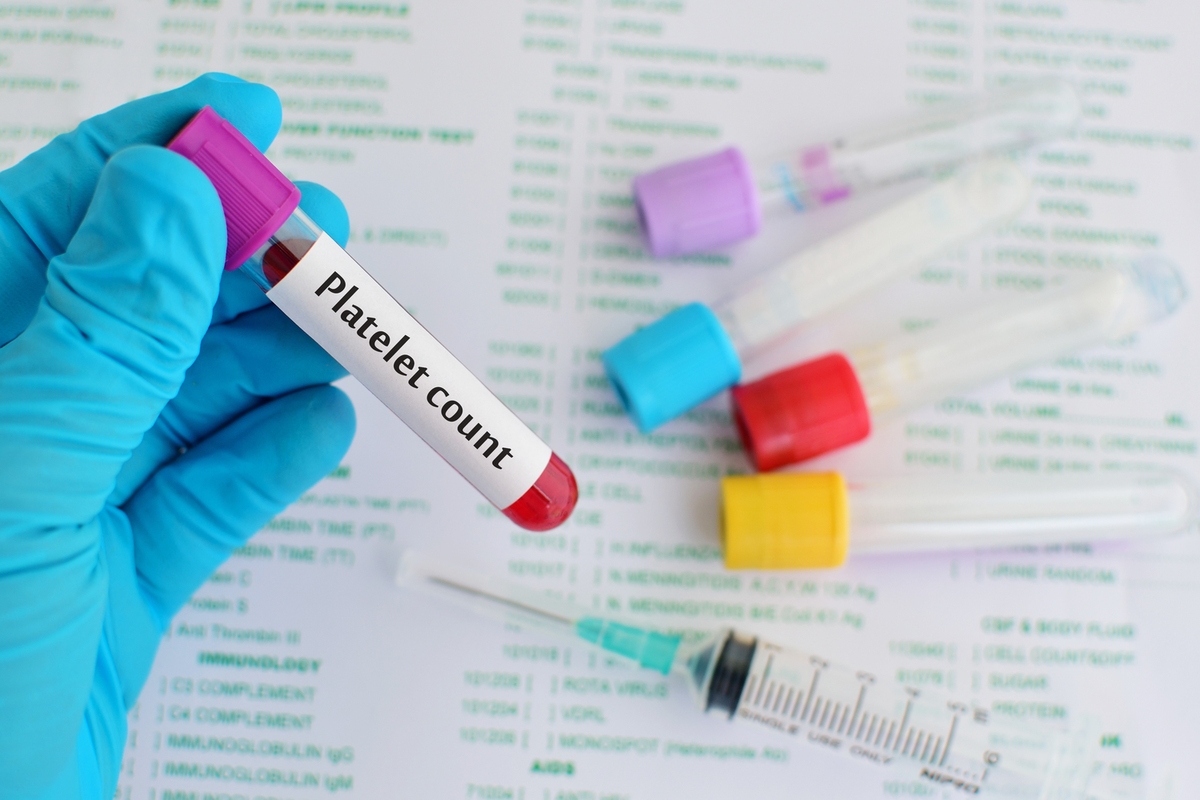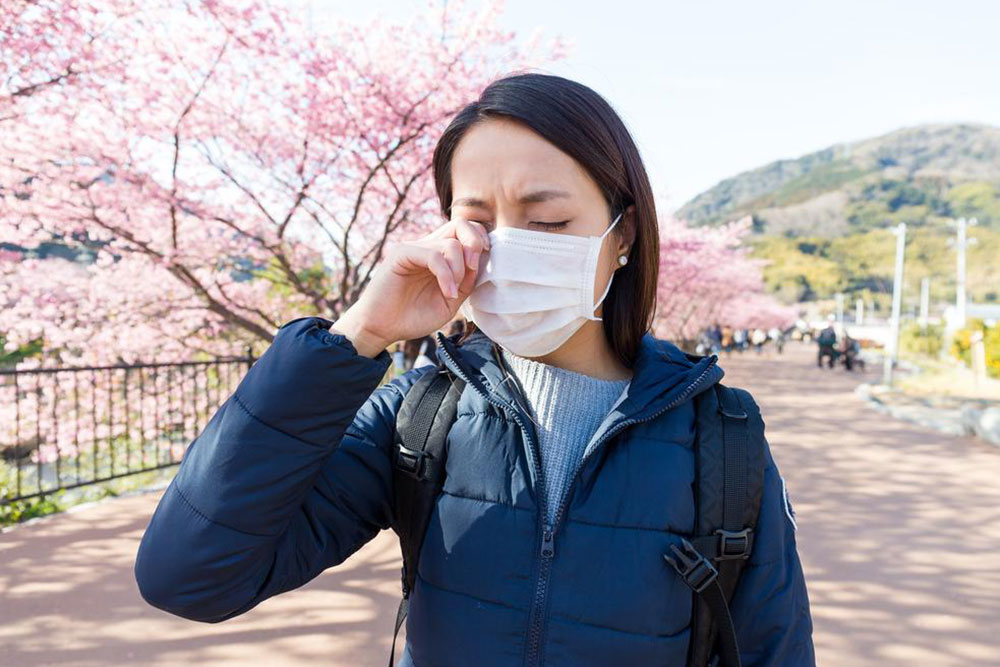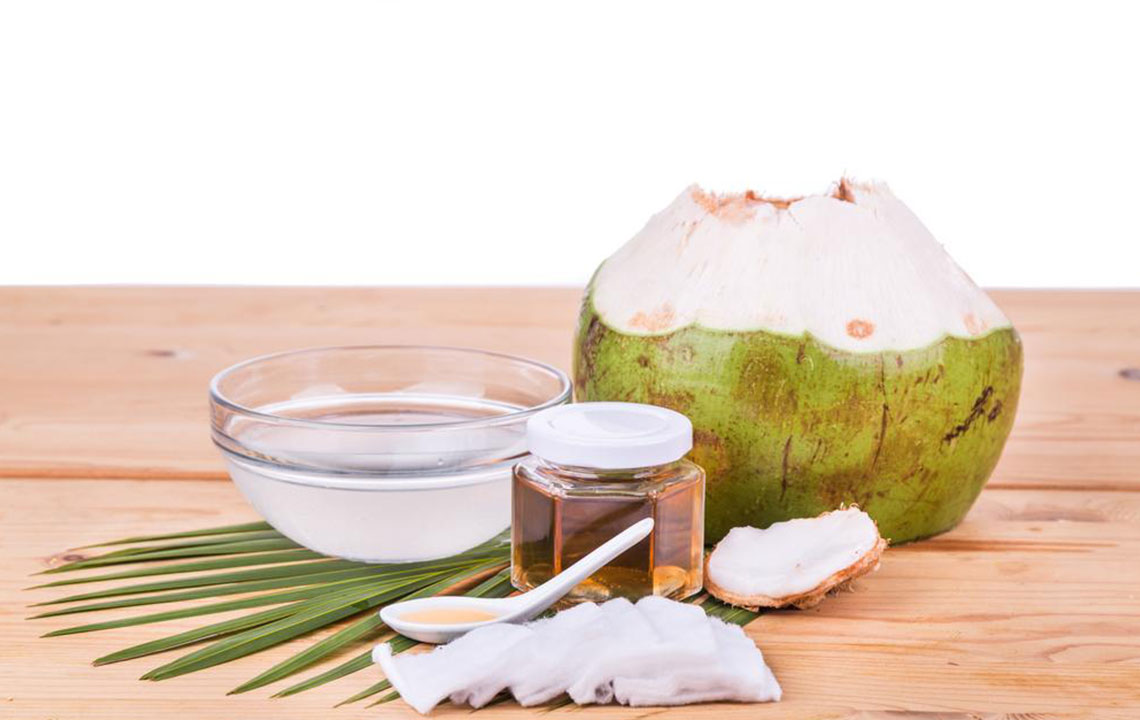Holistic Approaches to Boosting Low Platelet Levels Naturally
Discover effective natural methods to support and increase low platelet counts. This guide covers dietary strategies, herbal remedies, lifestyle tips, and when to seek medical help, providing a holistic approach to blood health. Combining natural practices with medical advice can enhance overall well-being and improve platelet levels safely.
Sponsored

Holistic Strategies to Support Low Platelet Counts
Thrombocytopenia, or low platelet count, is a condition where blood contains fewer platelets than normal. Platelets are essential for blood clotting and wound healing. Causes include viral infections, certain medications, autoimmune disorders, and bone marrow issues. While medical treatment is necessary in severe cases, natural methods can complement healthcare efforts to enhance platelet production.
Understanding Platelets and Thrombocytopenia
Platelets, or thrombocytes, are tiny cell fragments in blood that aid clotting. They are produced in the bone marrow and are vital for stopping bleeding and healing injuries.
Reduced platelet levels increase bleeding risks, leading to symptoms like easy bruising, prolonged bleeding, bleeding gums, and internal bleeding in severe cases.
Common Causes of Thrombocytopenia
Viral infections such as dengue, hepatitis, and HIV
Medication side effects impacting platelet function
Autoimmune conditions like lupus or rheumatoid arthritis
Bone marrow diseases like leukemia
Chronic liver or spleen ailments
Natural Ways to Support Platelet Levels
While professional medical advice is essential, certain natural approaches may aid in maintaining healthy blood and boosting platelet counts.
Balanced Nutrient Intake
Consuming a diet rich in vital vitamins and minerals supports overall health and may help sustain platelet numbers.
1. Vitamin B12 and Folate: Necessary for red blood cell and platelet synthesis. Sources include meat, dairy, leafy greens, beans, and citrus fruits.
2. Iron: Important for blood cell production. Found in red meats, poultry, beans, and fortified cereals.
3. Vitamin C: Enhances iron absorption and promotes healthy blood vessels, reducing bleeding risks. Present in oranges, strawberries, peppers, and broccoli.
4. Vitamin K: Supports blood clotting processes. Available in green vegetables, fish, and dairy products.
Herbal and Natural Remedies
Traditional herbs may support blood health and increase platelet levels:
Papaya leaf extract has shown promise in raising platelet counts, especially in dengue cases.
Giloy (Tinospora cordifolia) is known for its immune-boosting properties.
Echinacea may support immune health and promote platelet production.
Healthy Lifestyle Habits
Maintaining good habits can positively influence blood health and platelet levels:
Moderate exercise improves circulation.
Sufficient sleep supports immune resilience.
Stress reduction through yoga, meditation, or deep breathing benefits overall health.
Stay Hydrated
Drinking plenty of water helps regulate blood volume and supports healthy platelet function. Proper hydration is crucial for blood health.
When to Seek Medical Care
If you notice abnormal bleeding, unexplained bruising, or slow wound healing, consult a healthcare professional promptly. These symptoms could indicate serious underlying issues needing medical attention.
Natural strategies can support blood health and complement medical treatments, but consulting a healthcare provider is vital for proper diagnosis, especially in persistent or severe cases. Combining natural methods with conventional medicine offers a comprehensive approach to improving platelet health.
This article offers valuable insights into natural remedies for low platelet count, emphasizing diet, herbal supplements, lifestyle modifications, and hydration to support overall blood health.






